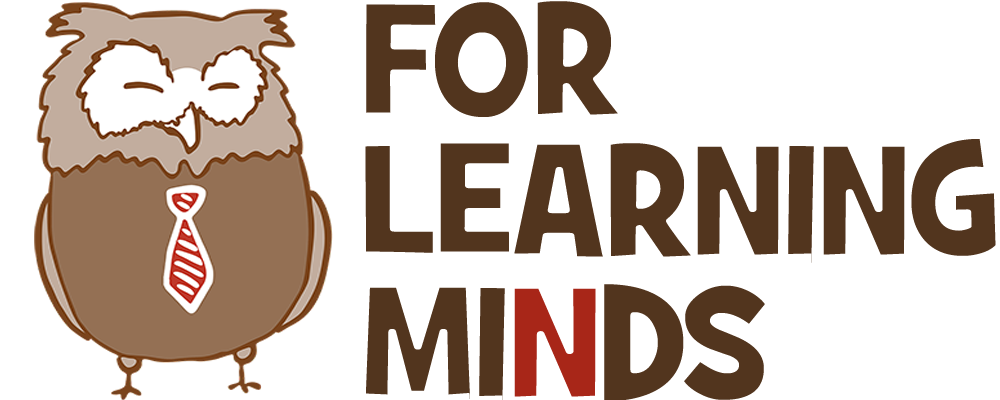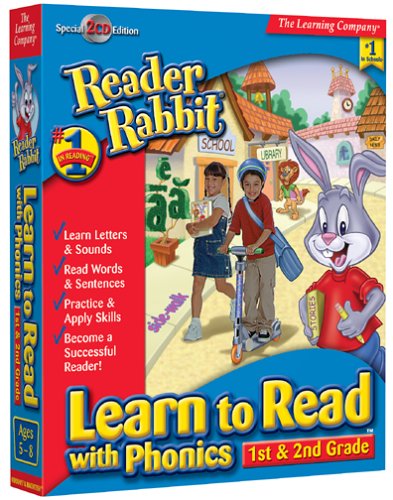| Disclosure: The links on this page are "Affiliate Links" and while these are shown at no costs to our viewers, they generate commissions for our website(s) |
Tips for Having an Effective Resume
Everybody knows the drill. You grow up, you go to school, and you get a job. It’s standard, to the point that children wonder and explore their career options even when they’re still children. Unfortunately, though, the “I want to be a baker” mentality in childhood doesn’t quite prepare adults to know *how* to get those careers that had them so enamored. Those concepts we have to learn with time, like the importance of an effective resume. This is a part of the first impression potential employers will have of you, so if it doesn’t shine, you might not ever make it to a face-to-face interview. For those reasons, keep those resumes polished and effective!

Keep It Clean
Imagine you’re trying to cook a meal in a kitchen that doesn’t make any sense to you. You go to reach for a frying pan, only to find the kitchen owner keeps bread in that cabinet, and for some reason, the person keeps jelly in a cereal cabinet. The spatula is in the cupboard with the coffee cups, and a potato is taking its place in the utensil drawer. This kitchen, essentially, is a Picasso cooking area that’s hard to sort through, and the impression can be that the person who organized the kitchen didn’t have a handle on what they were doing. Otherwise, why would the potato be where the spatula is and such? In the end, you might become so frustrated that you quit trying and eat a bowl of cereal from the box beside the jelly jar.
The same impression can be gained from a look at a disorganized resume. If your font randomly changes, or if your years of employment aren’t in the same place from category to category, your intended employer might look at your resume like it’s bread in the frying pan’s place to conclude two things. One is that you aren’t organized enough to handle putting together a clean document, which might not look too great on you! The other is that you aren’t committed enough—or have a strong enough work ethic—to put in the time to make things appear cleaner. This isn’t a good impression either since you would likely be trying to prove to the interviewer that you’re ready to take on the job.
To avoid these interview sinkholes and application failures, make sure your resume is clean—crisp lines, consistent format throughout, and an overall organized look.
Keep It Professional
On a similar note, you should make sure your resume looks professional—like you’re interested in the job and would be a great asset to the company. Particularly for higher-end jobs, that image is a bit harder to manage if your resume is in Jokerman font or color-coded.
Before you start filling out those resume categories to detail your education, work, and qualifications, take a moment to browse a few professional resumes to see what look you should be aiming for. And when in doubt, keep things simple! Rather than choose a font style and color that showcase personality, choose something more basic and easier to read. Times New Roman is a great go-to for this purpose, and Arial is a good option as well. Since these are so noted as acceptable fonts, straying too far can make the presentation look amateur—which is, again, probably not what you’re going for in your resume.
This idea could vary depending on the situation. If you’re applying for a job where personality is a big deal and you absolutely know that something with a bit more dazzle can help to land you the job, maybe choose a different font. When in doubt though, stick with the basics!

Keep It Concise
Just think about how many applications companies have to sort through for any single position they’re filling. Now, think if you were the one having to go through all of those applications. Would you look kindly on the resumes that just wouldn’t quit rambling, or would you appreciate the applicants who gave all the needed information with more concision? Odds are, after application #38 (give or take), you’d probably lean toward the concise ones. It’s human nature to want to get through such tasks quickly, and spending too long on any single topic complicates that process.
To make sure you’re staying on track, you might want to jot down some notes about the key things you want to add to your resume. Once you have those things written down, you can give them a once-over, then a twice-over as you move them to the applicable spots on your resume. In doing so, you’re giving yourself three chances to notice if anything is going on the resume that isn’t needed or relevant.
You can also take each section of your resume, one at a time, and read through with an eye specifically searching for unnecessary words. If you do this, you might be surprised how many words you end up cutting out, all from small areas. “This project afforded me the opportunity to grow in communication skills,” for instance, could be “This project elevated my communication skills.” The message is the same, but shorter, which the applicant-reviewer might appreciate. Remember that where resumes are concerned, it’s the information that counts—not the word count behind it!
Keep It Up-To-Date
One thing that’s frustrating as an applicant to jobs is to realize you’ve submitted a resume that doesn’t have accurate information on it anymore because you took up a new job or let go of a previous one. Not only is it frustrating for the applicant, though, it’s probably not too great for an employer if they find out they’re basing their decision on whether or not to hire a person on outdated information.
Let’s be honest here. If you’re in an interview, you shouldn’t have to stop the interviewer to say, “Oh, sorry! I changed majors, and now I’m in business management!” The odds are very strong that if something like this happens, your chances of getting that job have somewhat diminished—maybe because the employer was basing your potential employment on a degree you’re no longer pursuing, but also because it shows you didn’t take the time to read over your resume before submitting it. It’s a little detail that no longer looks professional, and it can keep you from landing a job.
To avoid this kind of issue, make sure you update your resume *as soon* as a major change happens. If you’ve finished up your master’s degree, change the education section of your resume to address it. If you pick up a new writing job, add it ASAP to your experience section. If you do this, you’ll have less chance of finding an error on a submitted resume because you’ve been diligent about making the changes as they happened—and your potential employer might be happy for an accurate record of your experiences.

Keep It Varied
There’s nothing automatically wrong with applying for different kinds of jobs, but it is worth noting that not all jobs are going to be looking for the exact same qualifications. If you’re applying to be a photographer and a college professor, for instance, potential hiring committees are likely going to have different things in mind for what they’re looking for. The university probably won’t base their decision solely on the photography blog you keep, while the company looking for a photographer would potentially be more interested in that blog than the Shakespeare you studied for your master’s degree. It’s okay to want more than one kind of job, but it’s a good idea to make sure you have separate resumes ready to submit for each one.
When you decide to take this step, think about what qualifications each job would want—and even what format your resume should take. It could be that a CV is more fitting than a resume for one, and if that’s the case, you should format your application details in that way. Essentially, treat the process like you’re two different people. One, in the above-mentioned example, is a photographer, and the other wants to be a college professor. Only put information that showcases and assists the photographer on that resume, and focus more on the college-professor information for the other. Be sure that you give these resumes clear enough names, though, that you aren’t getting them confused. The odds of landing a job teaching Shakespeare at a local university are low if the primary credential on your resume is photography!
And Remember…
You’re trying to get a job here, so make sure you’re listing the best of your traits, education, and experience—the things that will give you the best chance at a great career. Be accurate and honest, and also be specific! You might be surprised how much difference putting the company’s name on your “Objective” section of your resume could make!








![The Business of Deep Learning [Online Code]](https://images-na.ssl-images-amazon.com/images/I/61DWGQ5vdeL.jpg)